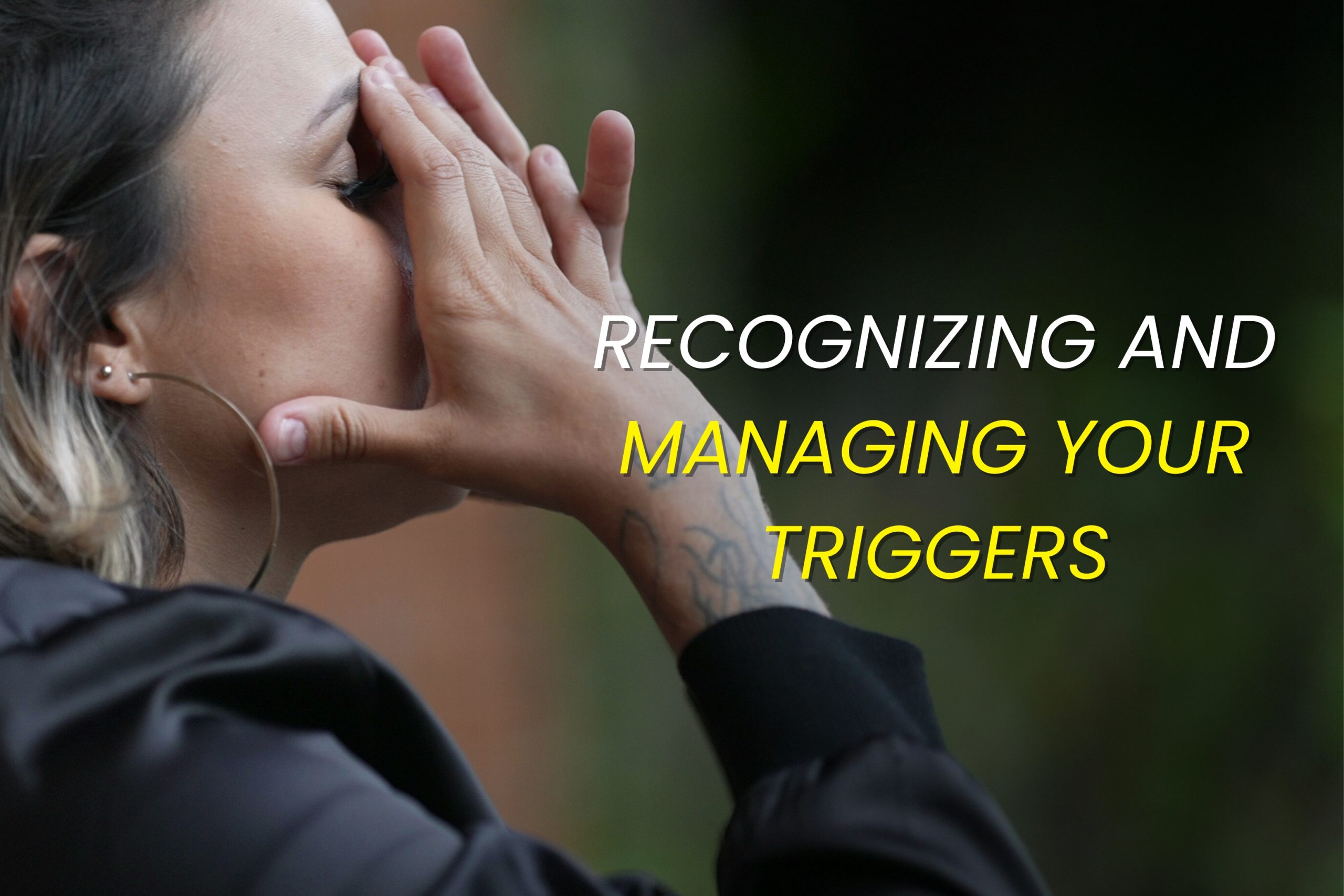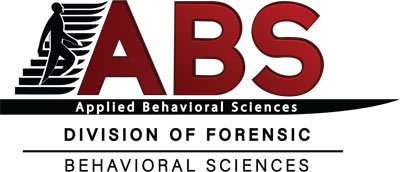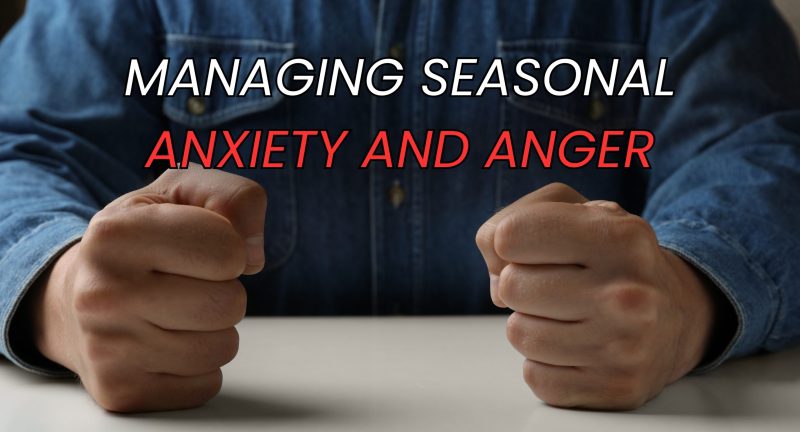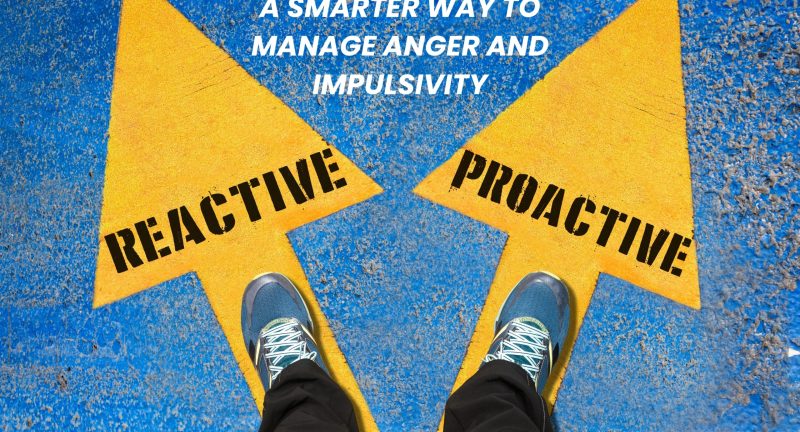
Understanding Impulsivity: Recognizing and Managing Your Triggers
By ABS Behavioral Health
We all make quick decisions sometimes — but when impulsive behavior becomes a pattern, it can hurt our relationships, health, and mental well-being.
Impulsivity often looks like:
- Saying things you regret
- Reacting with anger or aggression
- Overspending or binge eating
- Interrupting conversations
- Making risky or emotional decisions without thinking them through
At ABS Behavioral Health, we don’t just label behavior — we help people understand it and learn tools to manage it. This blog will give you real, practical steps to manage impulsivity and identify your emotional triggers.
🧠 What Is Impulsivity?
Impulsivity is acting without thinking. It’s closely tied to how your brain handles reward, emotional regulation, and self-control. Often, people act impulsively when they’re feeling overwhelmed, overstimulated, or under stress.
It’s especially common in those dealing with:
- Anxiety
- Depression
- ADHD
- Trauma or PTSD
- Substance abuse history
But impulsivity doesn’t mean you’re out of control — it means your nervous system is in survival mode more often than it needs to be. And that can be changed.
🔍 Step 1: Identify Your Triggers
Start by noticing when your impulsive behaviors show up.
Ask yourself:
- Was I tired, hungry, or overstimulated?
- Was I feeling rejected, judged, or unheard?
- Did I have a stressful interaction or confrontation before the behavior?
Pro Tip: Keep a log for 1 week. Write down what happened before, during, and after your impulsive reaction. This helps uncover your personal triggers and patterns.
🛠 Step 2: Use a Pause Strategy
You can learn to interrupt the automatic response.
Try this 4-second impulse breaker:
- STOP – Say the word “Stop” in your mind.
- BREATHE – Inhale for 4 seconds, hold for 4, exhale for 4.
- NOTICE – Label the emotion (e.g., “I’m feeling angry/frustrated”).
- CHOOSE – Ask yourself, “What’s the best outcome I want here?”
Doing this regularly rewires your brain to insert space between trigger and reaction.
🧩 Step 3: Build Your Emotional Toolbox
Here are some strategies you can begin using daily:
- Daily movement or exercise: Helps regulate mood and reduce impulsivity
- Mindfulness practices: Apps like Calm or Headspace are great for beginners
- Journaling: Helps slow down your thinking and make space for reflection
- Avoid overstimulation: Limit caffeine, reduce screen time, and get better sleep
Even small shifts create big changes over time.
🙋♂️ When to Seek Help
If impulsive behavior is damaging your relationships, finances, or peace of mind, you don’t have to go it alone.
ABS Behavioral Health offers therapy programs that help with:
- Emotional regulation
- Anger management
- ADHD or anxiety-related impulsivity
- Trauma-informed care
Whether you need individual therapy or group support, our team can help you identify the root cause and create a plan for change.
👉 Struggling with impulsive reactions or anger?
Let ABS Behavioral Health help you regain control.
📞 Call us at 718-871-4593 or 📩 Request an Appointment Online (Make Intake Appointment)
Healing begins with one intentional step.
Related Posts
Managing Seasonal Anxiety and Anger
By ABS Behavioral Health As the seasons change, so do our moods. Whether it's...
Be Proactive, Not Reactive: A Smarter Way to Manage Anger and Impulsivity
By ABS Behavioral Health If you’ve ever said “I just snapped” or “I didn’t even...


